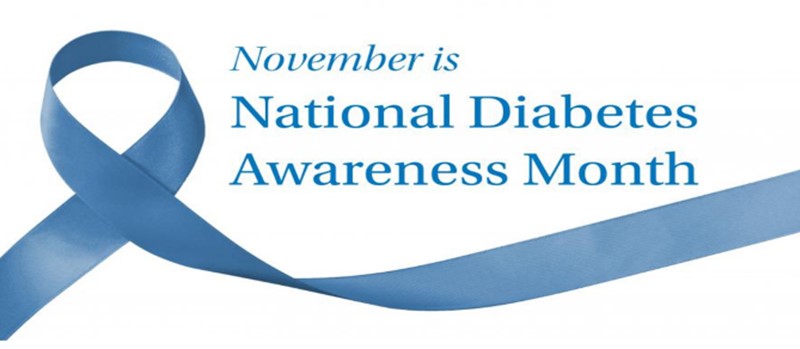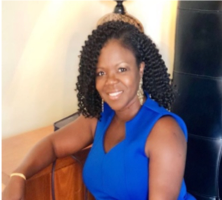
November is Diabetes Awareness Month. For many who are diagnosed with this disease, the single echo of concern is “I can no longer enjoy life’s culinary delights.” With many major “food-focused holidays” around the corner, this is an understandable source of angst and frustration. Although a diagnosis of diabetes or prediabetes does require some adjustments in your dietary and physical activity choices, all is not lost. There are small steps you can take to naturally lower your blood sugar level.
So, what is diabetes? Simply put, a person is considered to have diabetes when their body cannot produce or use insulin effectively, thus leaving more glucose (or sugar) in their bloodstream. There are many types of diabetes, but this post looks at type 2 diabetes – also referred to as adult-onset diabetes. This is characterized by high blood sugar, insulin resistance, and relative lack of insulin. A person is at risk for developing diabetes if they:
-
Have prediabetes
-
Are overweight
-
Are 45 years or older
-
Have a parent, brother, or sister with type 2 diabetes
-
Are physically active less than three times a week
-
Have ever had gestational diabetes (diabetes during pregnancy) or given birth to a baby who weighed more than nine pounds
-
Are African American, Hispanic/Latino American, American Indian, or Alaska Native (some Pacific Islanders and Asian Americans are also at higher risk)
If you have non-alcoholic fatty liver disease, you may also be at risk for type 2 diabetes.
The world’s rates of diabetes and prediabetes are alarming. What’s most worrying is that many people with this disease walk around not knowing they are diabetic. According to the International Diabetes Federation, the global estimate of diabetes in 2019 was 463 million people, with projections of 578 million by 2030 and 700 million by 2045.
In the United States, the CDC reports that approximately 34.2 million or almost 11% of U.S. adults are living with diabetes and that approximately 7.3 million of those are undiagnosed. Those who are undiagnosed may or may not be experiencing symptoms but have not been told by a health care provider they are diabetic. In fact, in the United States, a person is diagnosed with diabetes every 17 seconds. That’s about 5,082 people a day and 1.9 million new cases each year!
These are alarming statistics. If this situation is not reversed, diabetes has the potential to be a significant burden on the health and well-being of this and future generations, not to mention a major financial liability on the health care system.
In addition to making a complete shift in your dietary consumption, like adapting a plant-based diet, there are small steps that you can take to naturally lower your blood sugar level if you are diagnosed with diabetes or prediabetes:
-
Exercise regularly.
-
Control the amount of carbohydrates (starchy foods) you eat.
-
Increase your fiber intake.
-
Drink water, and stay hydrated.
-
Implement portion control when it comes to your meals and snacks.
-
Choose foods with a low glycemic index (meaning those foods that do not raise your blood sugar level).
-
Control your stress level.
-
Lose weight.
-
Get high-quality sleep at night.
-
Monitor and log your blood sugar level .
Because diabetes is a disease that can be well managed or reversed, it is imperative to do everything in one’s power to stem the tide. This is especially true for the 88 million or one in three U.S. adults who are diagnosed as prediabetics. We should even be more vigilant in this endeavor especially in light of the unequal effects and outcomes experienced by people living with diabetes who become infected with the novel coronavirus.
 About the author
About the author
Vanessa Ingrid Farrell, MPH, MCHES, is a speaker, best-selling author, and CEO and founder of Vanessa Ingrid (VI) Health & Wellness Coaching, LLC. Vanessa is also a Certified Health Coach. Her coaching practice helps busy women, especially those in leadership roles, unapologetically prioritize and preserve their heart health without sacrificing career and the joys of everyday life experiences. Born on the beautiful island of Montserrat, she currently resides on the island of St. Croix in the United States Virgin Islands. You can reach Vanessa at VFarrell@VIHealthcoaching.com.


